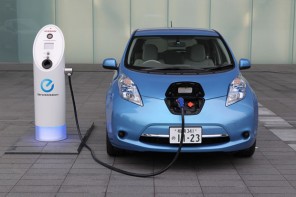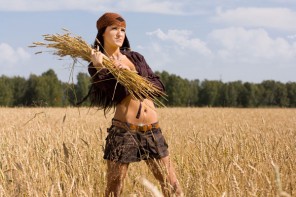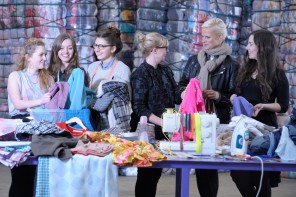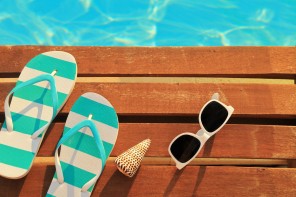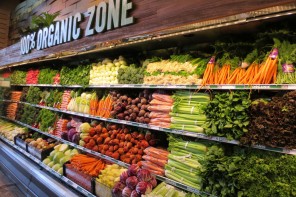SAB wins big, Greens Boks
Article by: Janine Erasmus
South African premium beer brand Hansa Marzen Gold has won a three-star Superior Taste award at the 2009 International Taste Quality Awards, held by the International Taste and Quality Institute (iTQi).
The local brand, a product of South African Breweries (SAB), was the only South African representative to win a Superior Taste award at this year´s ceremony, and the only one from the continent to receive the coveted three stars.
SAB is South Africa´s largest brewer and is the local division of global company SABMiller. The brewing giant was originally based in South Africa but is now a major international player through its acquisition of the Miller Brewing Company in 2002 and a flurry of other ventures in the Americas, Europe, Asia, and elsewhere in Africa.
Greening the Springboks
A related story sees South African Breweries announcing their newest environmental project, Greening the Boks. The company is a major sponsor of the Springbok national rugby team, and plans to offset the carbon emissions of the team´s air and ground transport and accommodation throughout the British and Irish Lions tour, currently underway.
Global carbon solutions provider Cleaner Climate has done an assessment of the rugby tour´s carbon footprint, taking numerous factors into account.
According to SAB sponsorship manager Rob Fleming, the Springboks are the first national team to actively support a climate-friendly strategy. “We urge corporates involved in sports sponsorships to demonstrate their dedication to protecting the environment,” he said.
SAB plans to buy carbon credits to offset the carbon emissions of the team and its entourage. Carbon credits are a commodity that is traded like any other on international markets. One credit is equivalent to one ton of carbon dioxide.
Credits sold by carbon-efficient companies can be bought and used by heavily industrialised countries or companies to attain compliance with their emission reduction targets under the Kyoto Protocol.
Good Environmental Examples
The players will also strive to set good environmental examples by implementing green changes in their own lifestyles. In addition, they will use their status to inspire their supporters to adopt the same way of living.
This is in line with a growing international trend in major sporting tournaments to be kind to the environment. Organisers of the 2011 Rugby World Cup, to be held in New Zealand, plan to make the entire event carbon neutral.
South African Rugby recently conducted a carbon footprint assessment of its head office on Cape Town and has drawn up a climate change strategy for its operations around the country.
Eliminating Aliens
SAB is already a leader in good corporate environmental practice. In October 2008 it was one of the first two companies to sign up for the World Wildlife Fund Water Neutral Scheme, a global scheme that encourages manufacturers to become water neutral i.e. to balance the water taken in and discarded, by reviewing and reducing usage, and replenishing water supplies.
The company also treats the effluent water from its breweries, resulting in potable water that is sold to municipal councils for purposes such as watering gardens.
The water neutral project currently focuses on two sites, the Newlands brewery in Cape Town and Ibhayi brewery in Port Elizabeth.
For Newlands, SAB will clear a 172ha area on the slopes of Table Mountain, under the direction of South African National Parks. The area directly feeds the catchment which supplies the brewery with its water, but has been invaded by Australian alien long-leafed wattle (Acacia longifolia).
For Ibhayi, the company has chosen to clear a 172ha area in the Eastern Cape´s Kouga Catchment. The invasive black wattle (Acacia mearnsii) is the target here. This area feeds the Kouga Dam, which in turn supplies the Nelson Mandela Bay Municipality and the Ibhayi plant.

